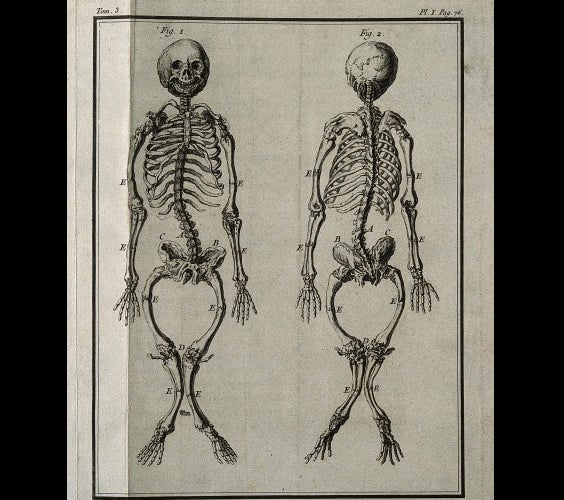
Rickets, a vitamin D deficiency disease that causes children’s bones to soften, was so common in Britain in the late 19th and early 20th centuries that doctors were at a loss for explaining its prevalence. Children with the characteristic bowed legs and stunted growth were raised in wealthy and poor families alike. However, doctors noted a curious exception to this rule: Jewish children seemed immune from the disease.
William Hall, a physician in Leeds, noted in 1902 that half of the poor schoolchildren in his city had rickets, while only 7% of Jewish children showed signs of the disease. In 1902, chemists hadn’t yet discovered vitamins, and there were numerous conflicting theories about what caused rickets.
One theory was that dietary fat protected children, so Hall argued that the eggs, milk, and copious fried potatoes and herring ate by the Jews of Leeds made their children taller and stronger than their classmates. The pickled herring and kugels of traditional Ashkenazi cuisine may be derided as fatty gut-bombs in 2015, but your great (great) grandmother must have known that her children needed fat, and plenty of it, to stand tall.
JTA has documented Jewish history in real-time for over a century. Keep our journalism strong by joining us in supporting independent, award-winning reporting.





